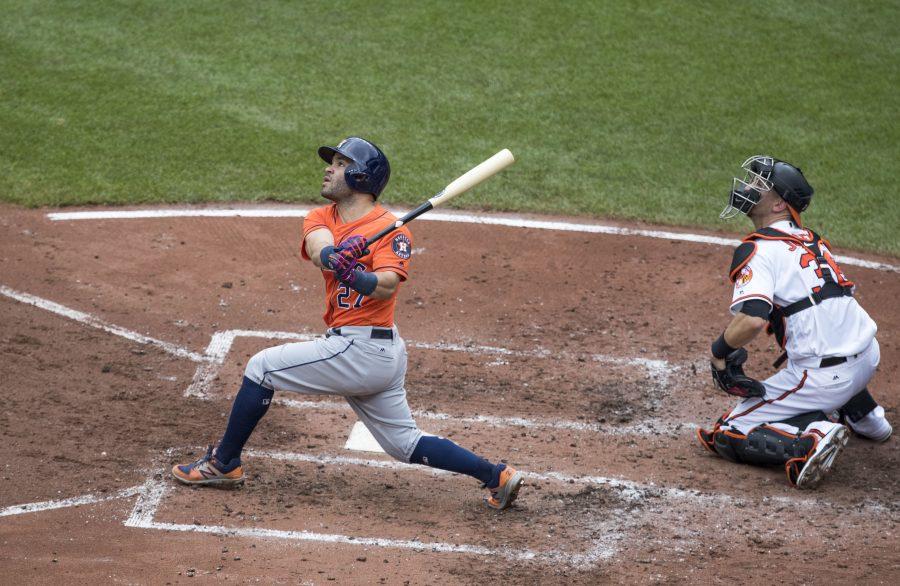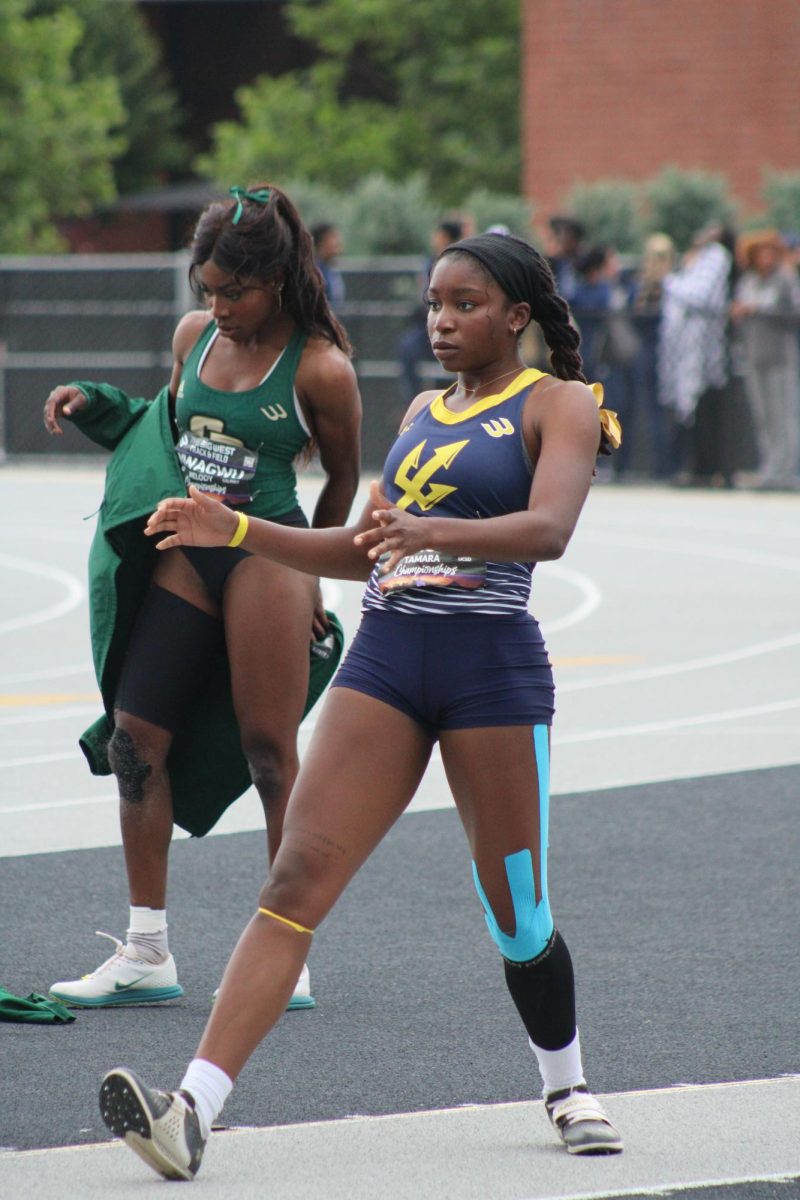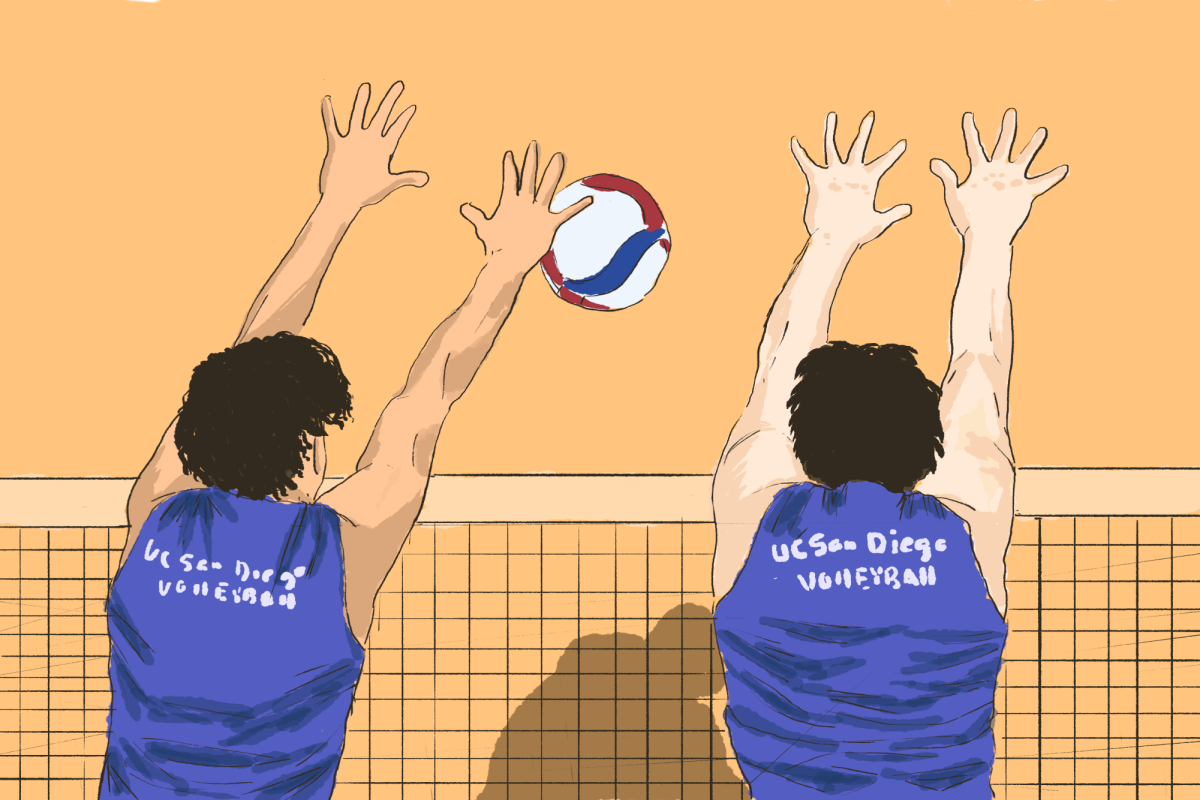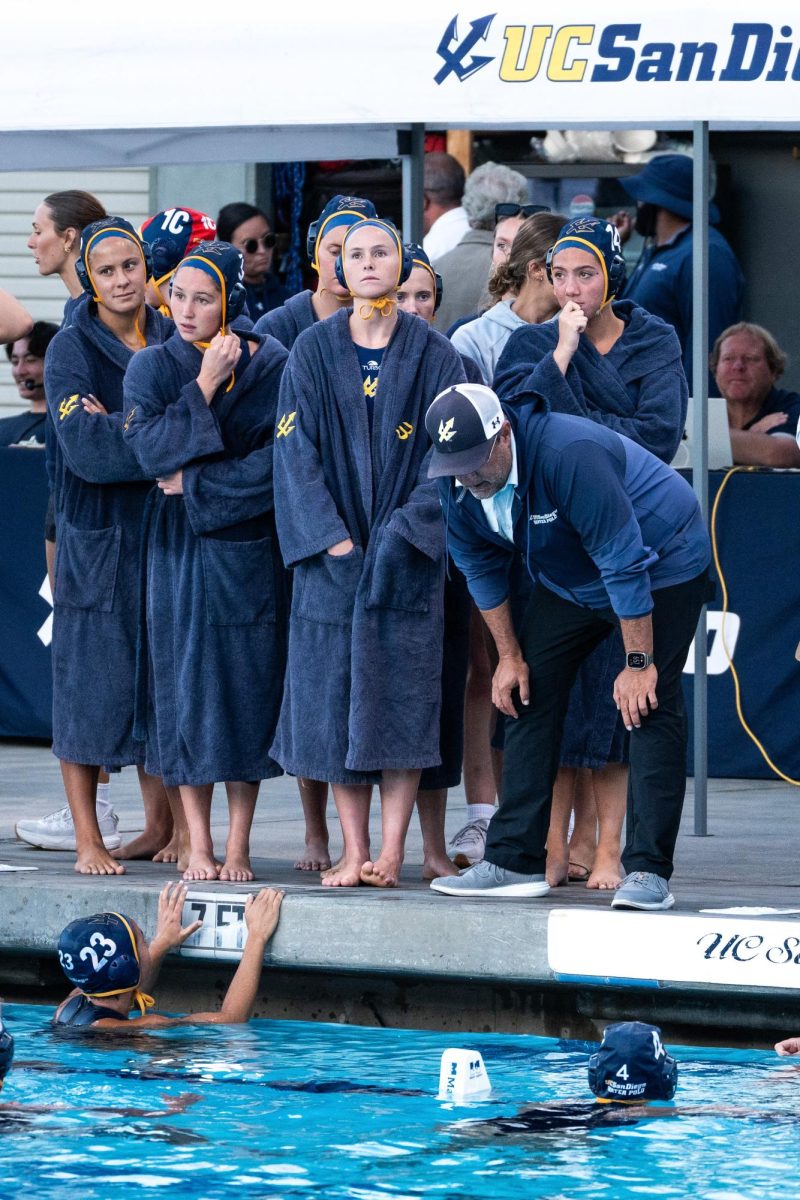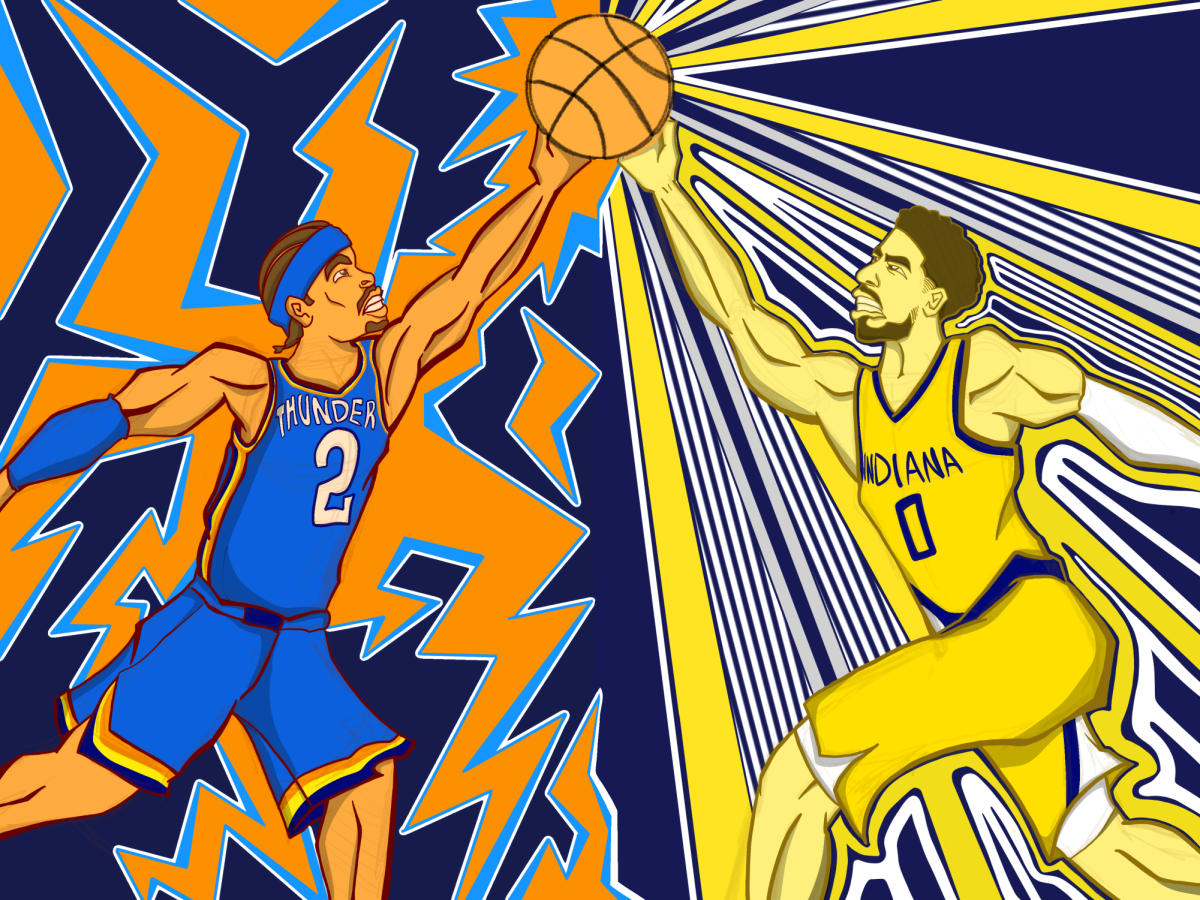Hi, I’m second-year sports editor Jack Dorfman. In this column, I’ll take a timeout from discussing specific UC San Diego coaches and student-athletes and instead tackle topics related to sports more broadly, whether at UCSD or within professional leagues.
It’s been 18 days since the Houston Astros lost to the Washington Nationals in Game 7 of the 2019 World Series. In that time, the Nationals had their parade in Washington D.C. and a small contingent visited President Trump. And yet, baseball is still in the news. In fact, the losing team has been all over the media over the last week.
If you’ve missed it, the Astros have been accused of using technology to steal signs from their opponents during the 2017 MLB season during both the regular season and the postseason. They won the World Series this season over the Los Angeles Dodgers, infuriating their fans.
With each passing day, more and more damning evidence comes out against Houston. Former players are exposing the team’s practices, and players who competed against them are taking to Twitter to assert that they felt like something was suspicious that season too.
While this certainly serves to give the Astros’ franchise yet another black eye (remember their bout with female reporters and domestic violence less than a month ago?), the Astros are not the only team that has been wrapped up in this scandal.
Yu Darvish, arguably the pitcher most affected by the Astros’ cheating, has been the face of the forgiveness movement, though his opinions seem to be a little contradictory to say that least. After telling Dylan Hernandez of the Los Angeles Times that he forgave and respected the Astros organization, he took to Twitter to call out the 2018 National League MVP and his Milwaukee Brewers teammates for potentially stealing signs from Darvish.
No matter where you stand on the Astros cheating scandal, you certainly agree that cheating is bad for baseball, and is bad for sports in general. You either think that the Astros should not have cheated because cheating is wrong, or you’re angry that people would accuse your team of cheating because of the negative connotation surrounding that accusation.
Cheating is something you’re taught not to do from the first time you begin to have social interactions with people. It’s right up there with lying as one of the first moral teachings you’re given. In baseball especially, cheating has been a hot topic for years. First, it was spitballs and throwing games for gamblers; then it was pine tar and steroids; now it involves stealing trade secrets (this time the Astros were the victims) and stealing signs using technology.
For me, I hate to see cheating in sports. However, the two seem inseparable.
As long as cheating goes relatively unpunished, and as long as its benefits mean that the benefactors have the chance to make millions and millions of dollars, it is unlikely to ever stop.
The MLB, and professional sports leagues in general, have seen their revenues soar over the past decade. This has led to record-breaking contracts and ever-increasing salary caps and luxury tax penalties. Multi-billion dollar television contracts have allowed for teams to spend millions on players that aren’t even playing that season.
As long as professional sports are lucrative industries, there will be an incentive to cheat, because cheating will lead to millions of dollars, even if it has the potential to ruin reputations and end careers. Capitalized versions of sports, a set of children’s games, have led to the creation of massive communities of fans that have in turn led to monetized versions of collegiate sports as well, thanks to recent legislation set in motion by California.
While paying collegiate athletes will help correct inequities between the NCAA’s wealth and the poverty of players, it may also open collegiate athletes up to wanting to cheat even more than in the past thanks to increased benefits. Ultimately, sports are important drivers of the economy, but as long as this is the case, don’t be surprised when the purity of sports is questioned after cheating scandals are exposed because the purity of sports was lost long ago, as much as we try to preserve it.


